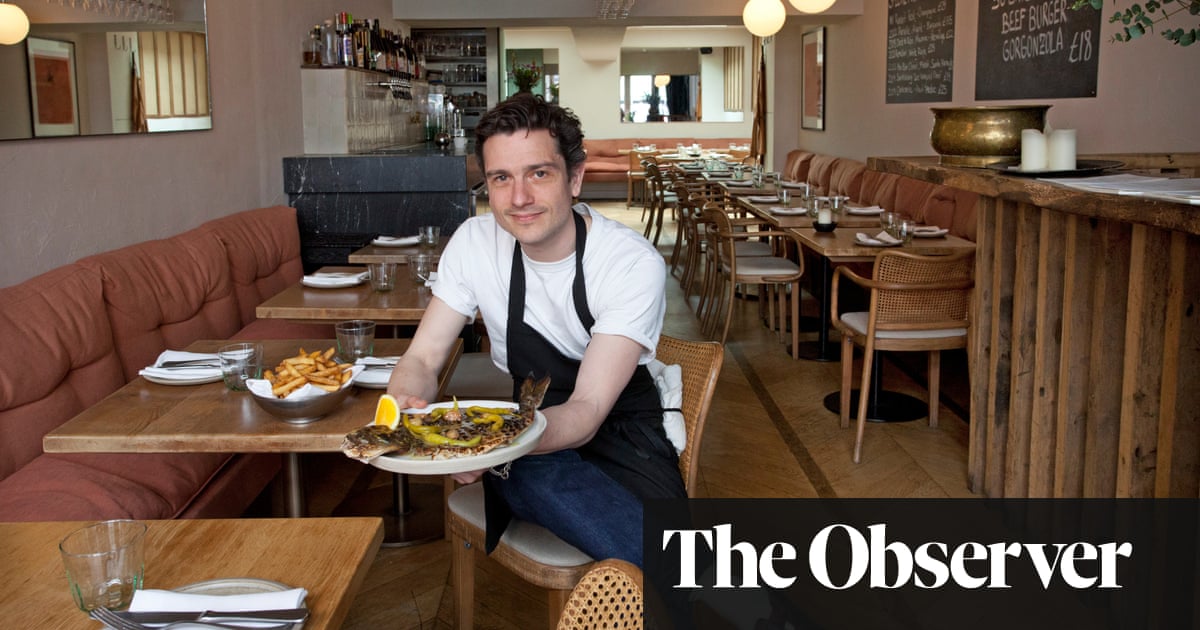Craig Bennett of the Wildlife Trusts highlighted some issues with the way UK housebuilders are delivering (or not delivering) housing (UK housebuilders ‘very bad’ at building houses, says wildlife charity CEO, 1 April). But should we be lumping every housebuilder together?
In December, the Federation of Master Builders reported that small housebuilders deliver only 10% of new homes today, compared with 40% in the 1980s. This diminished contribution has been called out by the housing minister, Matthew Pennycook, as a top priority for Homes England to address. Competition and innovation beget sustainability, affordability and quality in housing delivery. As someone who has made the jump from a larger housebuilder to a smaller one, I have seen this firsthand.
Small and medium-sized enterprises like Greencore Homes are finding new ways to deliver housing that performs better in terms of biodiversity, nature and wildlife preservation, among other environmental measures. It is this diversification of the market and competition that pushes everyone towards better performance, and ultimately better results for the UK.
At Greencore, it saw us continue to refine our product until we could ensure that each home achieved better-than-zero embodied carbon in its structure, ultra-low embodied carbon overall and a net zero energy balance in occupation (meaning that each home generates at least as much energy as it needs from solar panels on the roof and therefore it will export at least as much energy to the grid as it draws out). Imagine the impact of more smaller housebuilders having the space to push the boundaries of what’s possible.
Jon Di Stefano
CEO, Greencore Homes
Housebuilders are failing to supply much-needed new homes – but the reasons for this are complex. Larger home builders do speculate on land to build on at a future date, as this is part of their business model. However, the primary reason for the very low number of house builds is affordability, particularly for first-time buyers. This is causing an ever-deepening housing emergency and stopping the delivery of the inclusive economic growth the country is depending on.
At Birmingham City University, our Centre for Future Homes is working with social and private home builders to research and facilitate a smooth transition to the future homes standard, which the government is legally obliged to bring in this year. We fully support the Wildlife Trusts in encouraging all new developments to protect and invest in natural habitats, and would ask them to challenge the current trend to build timber-frame homes that rely on mass deforestation in other parts of the world.
Mike Leonard
Visiting professor, Centre for Future Homes, Birmingham City University

 1 week ago
31
1 week ago
31













































